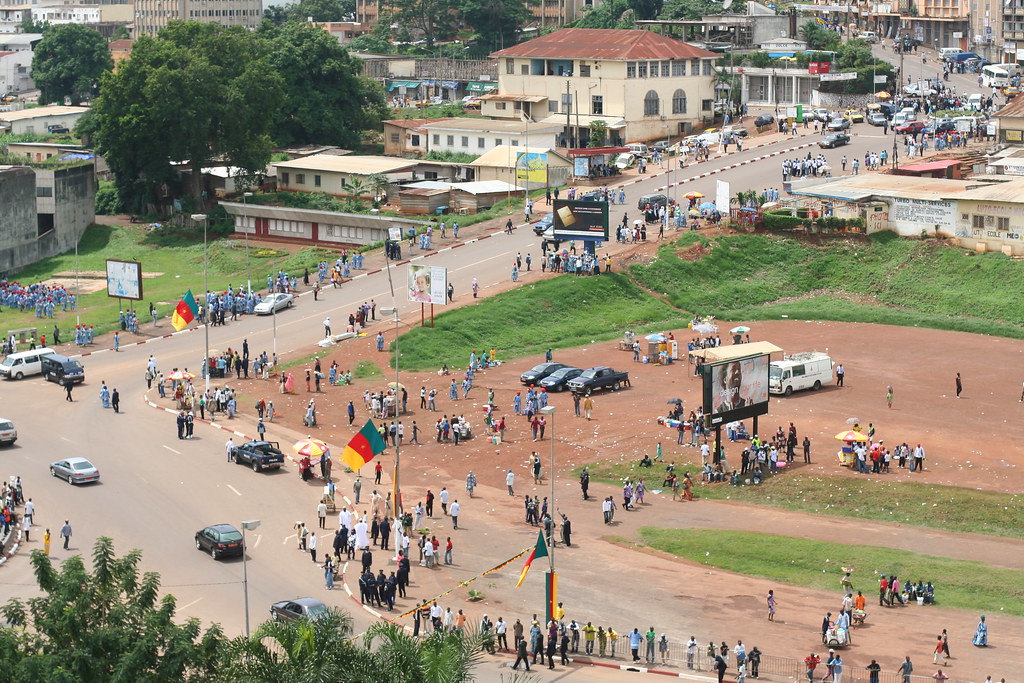Cameroon is Cameroon
A mix of factors - language, regional, sexism, an opposition that has been co-opted by the ruling party and repression - prevents real, meaningful change in Cameroon.

Image: Daniel Panev, via Flickr CC.
Cameroon’s government, jittery about the role of social media in revolutions in North Africa, last week suspended Twitter on a local cellphone network. Not everyone are convinced social media will play a decisive role in any opposition movement against President Paul Biya’s 28-year regime. But the government aren’t taking any chances. In any case, the regime is very successful at dividing and paying off opposition figures. Add to that police repression, Biya’s overseas PR and the opposition’s tendency to handicap itself.
Observers (I asked around, read the country’s English press, and checked out Cameroon-themed blogs and news sites for the last two weeks) point to the February 23 “National Day of Protest” as a good example.
Biya’s government has failed its citizens (40% of Cameroonians live on less than 1$ per day; half of the country’s people do not have access to drinking water, 50% have no access to electricity or to a flush toilet), so the organizers may have expected thousands to turn up in major cities like Douala and Yaounde.
A massive police presence and early arrests – before the protests even got under way – put paid to well laid plans. In the port city of Douala police outnumbered protesters. Police wasted no time to attack protesters. Opposition leader Kah Walla was sprayed with a water canon from an armored vehicle. Others got it worse. Some protesters were viciously beaten with batons and kicked around. See video footage and images taken with a cellphone camera of Cameroon’s police at work.
The protests were also handicapped from the start. The national leaders of the two largest opposition parties did not endorse the protests. Most of these leaders, who have ossified into a settled political class who derives rents and benefits from the existing system, also distrust Kah Walla. She used to the president of the strategic committee of one of these parties, the SPF, before she announced she’d run for President of Cameroon in this year’s elections. The SDP’s octogenarian leader John Fru Ndi doesn’t support Ka Walla either. (He himself is the yin to Biya’s yang. They complete each other, so Cameroons are caught in an eternal loop where nothing happens and Biya stays in power forever.)
Sexism is also – not surprisingly – a problem in Cameroonian politics. Ka Walla has been called a “young lady” by an opponent from one of the opposition parties.
There is consensus that Kah Walla, who is only 46 (Fru Ndi is 70 and Biya 78) may not be as embedded as the traditional opposition; what they do agree on is her courage and defiance in the face of incredible odds.
Lastly, there is regional politics, probably the most decisive factor preventing a national movement against Biya’s regime: Most English speakers see no part in reform politics; discriminated against since independence (Cameroon is essentially ruled by a French speaking elite that treats all speakers, French and English, bad, but English speakers are marginalized even more.) Cameroon is Cameroon, as some have said in frustration, in comments on posts about this latest crisis.



















